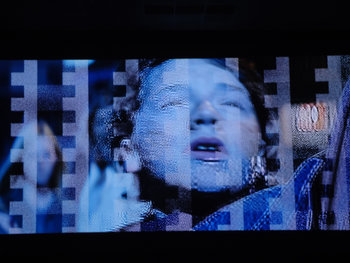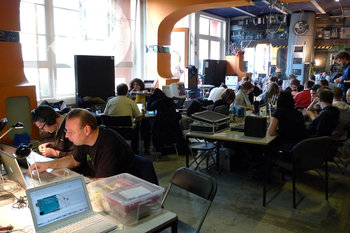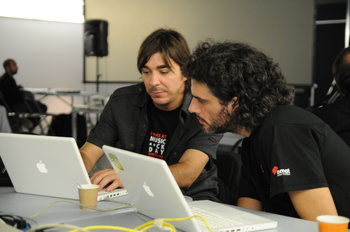
Functions
Unlocking functions of an app.Features
Features such as game levels and characters.Content
Content such as stickers that can be sent to friends in a messaging app.Powers
Powers and abilities in a game.Gifts
Virtual gifts such as jewelry.Tools
Tools, machines and vehicles such as a spacecraft that can be used in a virtual environment.Fashion
Fashion and accessories that can be worn in a virtual environment.Consumables
Things that can be used once such as a magic potion in a game. This is essentially the virtual equivalent of fast moving consumer goods.Loot Box
A box filled with random items. In many cases, there is a chance to win a rare and valuable virtual good. As such, loot boxes may fall under gambling laws in some jurisdictions.Gacha
A virtual vending machine that dispenses a random virtual good that may be rare or valuable.Services
Services that provide limited access for a very small fee. For example, paying a streaming media service to access a single episode of a series.Notes
Microtransactions is a large scale industry that is becoming a dominant business model for some types of software and games.Ethics
Microtransactions require easy payments as they are small and a full payment process interrupts gameplay. As such, there have been many cases where players claimed purchases were accidental.It is important to make it clear that microtransactions are real world payments in the context of a completely virtual environment.Games are often designed to build a compulsive desire for regular purchases of virtual goods. Game designers are good at this and it can become a bit manipulative.Microtransactions can make video game addiction a serious problem with financial and social repercussions similar to gambling.The ethics of including microtransactions in games that are clearly designed for children. In some cases, this may be viewed as an sales pitch aimed directly at a child.Customer Experience
Popups and other interruptions that are commonly used to sell microtransactions can take away from the game experience. This is particularly unpopular in a game that has an regular upfront price that then proceeds to nag players for small payments. This can result in poor ratings and a failed product.| Overview: Microtransactions | ||
Type | ||
Definition | The practice of selling virtual goods for a small fee. | |
Related Concepts | ||





























